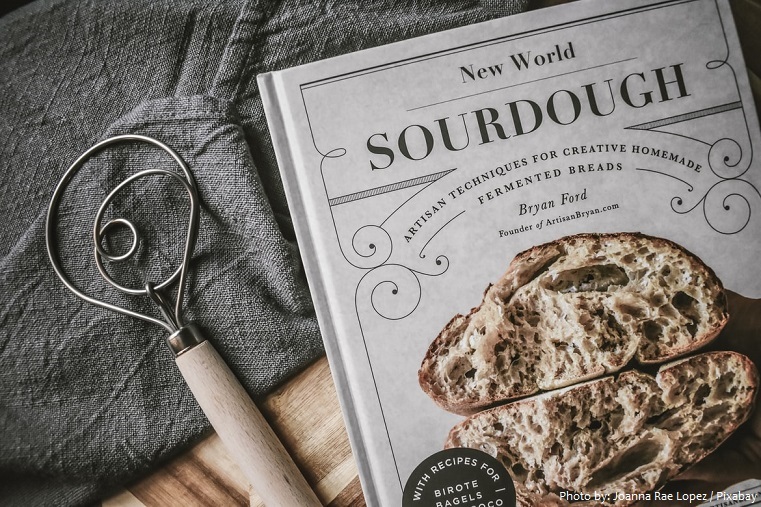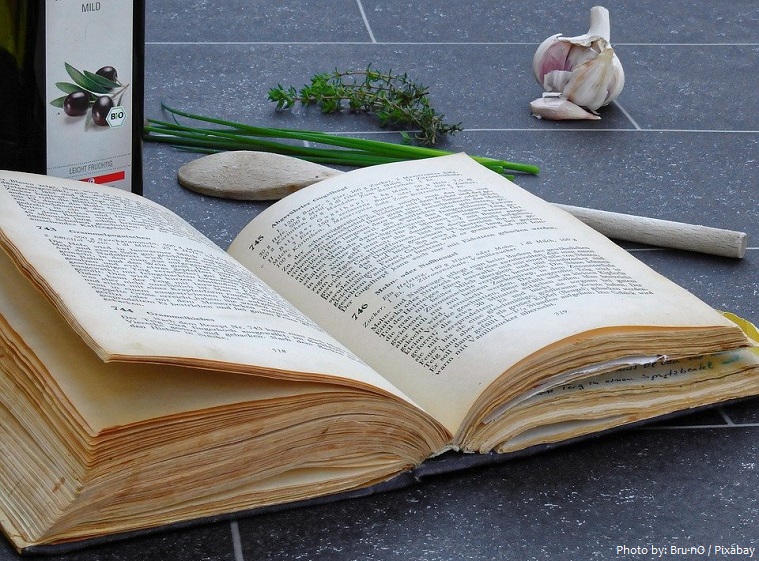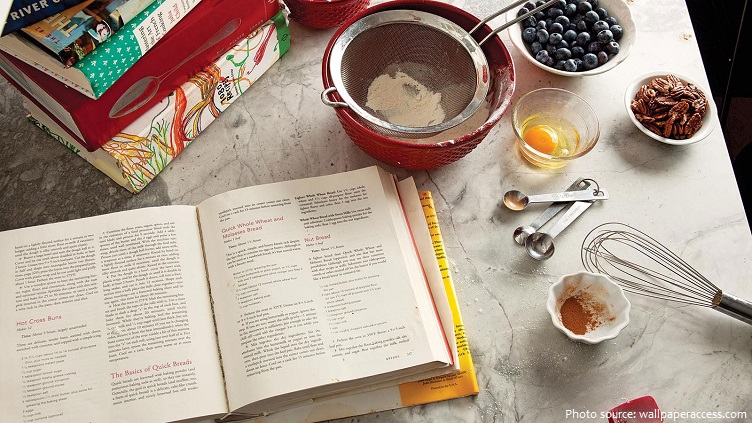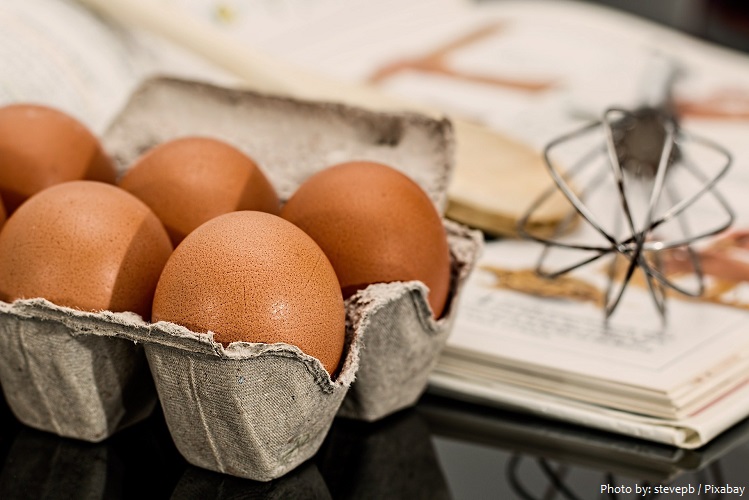
A cookbook is a collection of recipes, instructions, and information about the preparation and serving of foods.
At its best, a cookbook is also a chronicle and treasury of the fine art of cooking, an art whose masterpieces — created only to be consumed — would otherwise be lost.
Recipes in cookbooks are organized in various ways: by course (appetizer, first course, main course, dessert), by main ingredient, by cooking technique, alphabetically, by region or country, and so on. They may include illustrations of finished dishes and preparation steps – discussions of cooking techniques, advice on kitchen equipment, ingredients, and substitutions; historical and cultural notes – and so on.

Cookbooks have been written in almost every literate society.
Ancient Mesopotamian recipes have been found on three Akkadian tablets, dating to about 1700 BC.
The earliest collection of recipes that has survived in Europe is De re coquinaria, written in Latin. An early version was first compiled sometime in the 1st century and has often been attributed to the Roman gourmet Marcus Gavius Apicius, though this has been cast in doubt by modern research. An Apicius came to designate a book of recipes. The current text appears to have been compiled in the late 4th or early 5th century – the first print edition is from 1483. It records a mix of ancient Greek and Roman cuisine, but with few details on preparation and cooking.

The earliest cookbooks known in Arabic are those of al-Warraq (an early 10th-century compendium of recipes from the 9th and 10th centuries) and al-Baghdadi (13th century).
Chinese recipe books are known from the Tang dynasty, but most were lost. One of the earliest surviving Chinese-language cookbooks is Hu Sihui’s “Yinshan Zhengyao” (Important Principles of Food and Drink), believed to be from 1330.
Medieval Europe also produced cookbooks. Among the earliest in English was The Form of Cury (the word cury is an obsolete term for cooked food), compiled in the 12th century. It consists of 196 recipes, many of which reveal their French origin in names such as “Blank Manng” and “Payn Fondewe.” One of the first French books, called La Ménagier de Paris, was published in 1394 and contained recipes for such delicacies as frogs and snails.

The printing press revolutionized the culinary arts by making cookbooks widely available. The first printed cookbook is Bartolomeo Platina’s (Italy) De honesta voluptate et valetudine (“On Right Pleasure and Good Health”). Written in Latin, it appeared in 1474, which is just 19 years after the Gutenberg Bible, the first mechanically printed book. Crowd-pleasing recipes for dishes like “Red Chickpea Broth” and “Date Torte with Almonds and Other Things” would be welcome even in modern kitchens today.
In the 15th and 16th centuries in Western Europe, the oldest published recipe collections emanated from the palaces of monarchs, princes, and grandes señores. At this time, no one was trying to build a business out of selling cookbooks. Instead, they were often created within a court culture, partly intended as aidés-memoire for chief stewards and partly for royalty to demonstrate the luxury of their banquets.

American Cookery, published by the “orphan” Amelia Simmons in 1796, was the first cookbook by an American to be published in the United States. Its 47 pages (in the first edition) contained fine recipes for roasts—stuffed goose, stuffed leg of veal, roast lamb. There were stews, too, and all manner of pies. But the cakes expressed best what this first cookbook had to say about its country.
20th-century American cookbooks – the birth of Betty Crocker is likely the era’s most astonishing event. The fictitious Crocker was invented in 1921 to answer baking questions penned by customers of the Washburn-Crosby Co. (today General Mills). Betty became so popular that when “Betty Crocker’s Picture Cook Book” debuted in 1950, it became a national best-seller. It even sold more copies that year than the Bible.

The largest collection of cookbooks belongs to Sue Jimenez (USA & Canada) and consists of 2,970 books as of 14 July 2013, in Albuquerque, New Mexico, USA. This is Sue Jimenez’ second book collection, the first collection was donated to the local library.
The Gourmand World Cookbook Awards, organized annually by Edouard Cointreau (France) since 1995, seek to reward and honour those “who cook with words”. The jury has voted the three-Michelin-starred Alain Ducasse (France), as the Best Cookbook Author a record five times.
Justin Miller (USA, b. 10 Janurary 1990) was aged seven when his cookbook “Cooking with Justin: Recipes for Kids (And Parents)” was published in 1997.